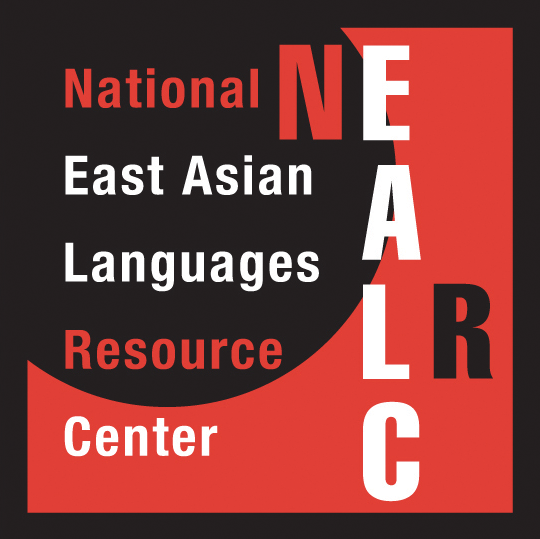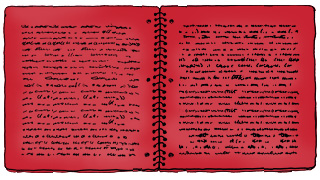Being “swept into uchi” is just what you wanted, right? Yes and no, because coming into uchi puts you right back in the realm of those hazards depicted in Module 4.3. Because uchi is the family’s inside realm, this makes it the primary realm of unspoken meaning (and cultural bubbles) for families. So, just when you think things are going fine, suddenly something you do triggers an unseen trapdoor that opens up beneath you, and down you go! What’s up with these hazards? It happens that your own primary realm of cultural bubbles doesn’t fully coincide with those of your family’s uchi. So what to you is like hitting a trapdoor appears to your family like you’re failing to see what’s right in front of your nose!
How can you deal with these hazards? The cases below give examples of incidents which seem innocuous, but trigger major pitfalls for guests abroad trying to conform to uchi expectations.
1. Homestay guests often act in ways that make it appear to their host families that they are ignoring their uchi responsibilities when in fact, they are not aware of their uchi relationships at all. This is illustrated in Sophie and Theo below:
- Accepting a ride to her program barbeque seemed an acceptable thing for Sophie to do, especially since it was raining. In doing this what uchi expectations did Sophie violate that made her okaasan so angry with her?
- After the bike episode, Theo remarks that: “At the time I thought such risks as getting lost and becoming ill were my own. Now it seems like there is no such thing—especially as I was a guest in their home.” What aspects of uchi did Theo fail to consider in wanting to ride the bike to town?
2. To further illuminate what went wrong in the cases above, Janine and Li Ming’s cases bring home a crucial aspect of the homestay learning curve: the necessity of grasping what being a member of uchi really involves. You can see from the incidents below how much is riding on this.
- Why were Janine’s family members so concerned about Nobu’s exam? What does this tell you about uchi?
- What was wrong with both Janine’s and Li Ming’s original plans to negotiate what they wanted for their homestays? How did each have to transform her relationship to the family in order to manage her request?
3. Putting the pieces together. . . To avoid major uchi hazards, keep the following in mind!
- Coming into uchi involves a transformation of sorts: from thinking of oneself as a lone individual, to thinking and acting as a member of a social whole. This entails taking responsibility as a part of that social whole in everyday actions and decisions.
- This transformation is actually what is required for the host family to be able to stop wrapping their guest. Yet all the guests in the cases above fail to realize this. They want to be free (to act independently of uchi) at the same time they want to be inside uchi. In fact, it is exactly this failure to consider themselves in relation to uchi (and to accept responsibility for this) that produced the problems of Sophie’s gaffe, Theo’s bicycle backfire, the delayed okay of Janine’s homestay extension, and Li Ming’s too-strict curfew.
- Ironically, for Li Ming’s family, sanctioning her participation in activities outside the family depended on her establishing a relationship (and accepting responsibility) within the family’s uchi. From Li Ming’s perspective, her freedom to go outside of uchi depended on her participation within uchi . You will see further examples of this in cases to come.
Main Takeaway:
We can’t say this too often–coming into uchi involves a shift from thinking of oneself as an independent individual to operating within the context of a group.


























